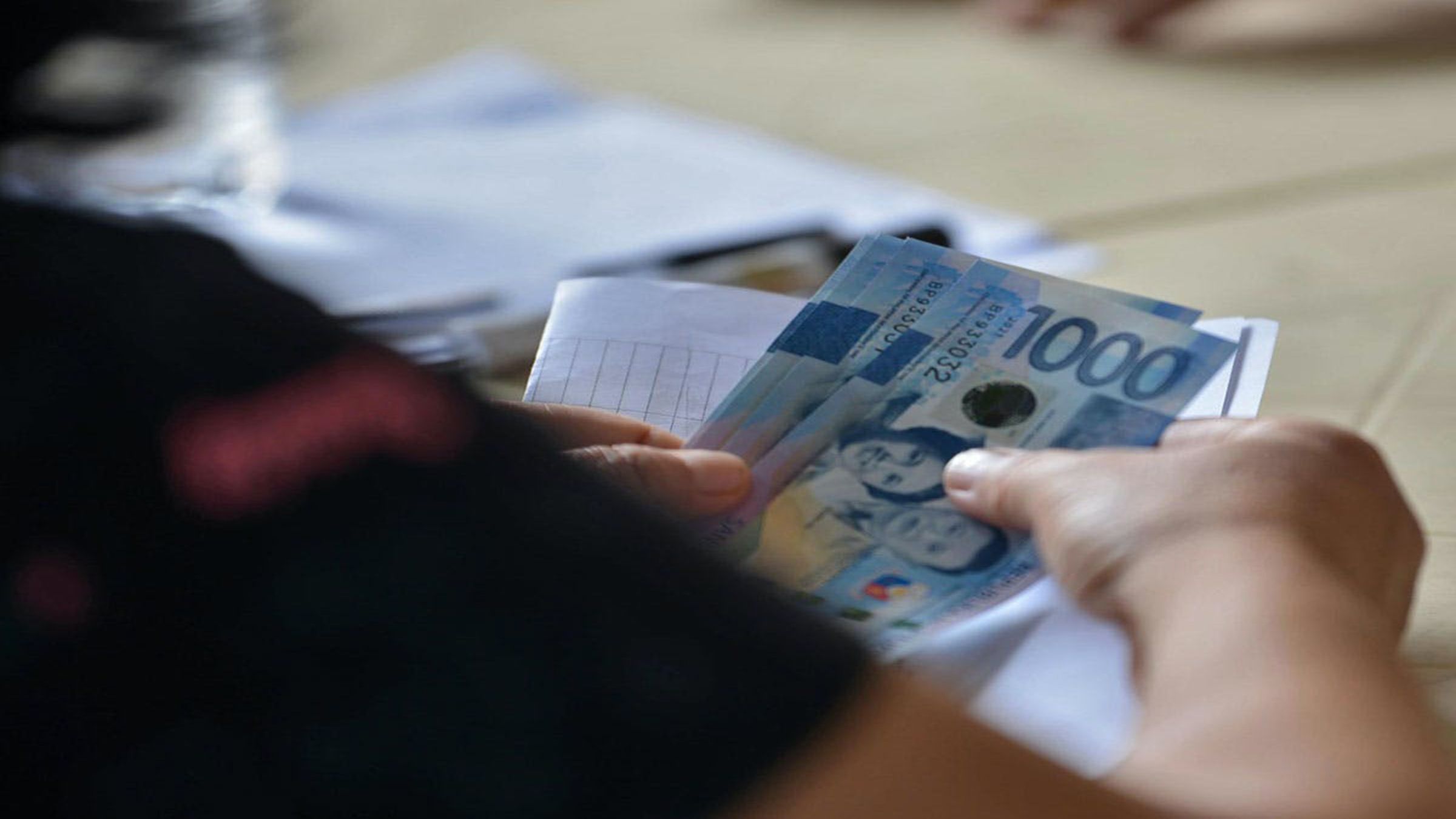House Appropriations Committee senior vice chair Stella Quimbo recently expressed confidence that the Marcos administration’s planned expansion of “ayuda” or subsidy programs would hasten economic turnaround.
Quimbo said she welcomed the Philippines’s remarkable gross domestic product (GDP) growth of 7.6 percent in the third quarter, saying the subsidy programs will further boost domestic output and curb inflation.
“We welcome these developments. Despite high inflation in the third quarter of 2022, we saw growth in output in the same quarter. On the supply side, all sectors grew. At the same time, domestic demand remained robust,” said Quimbo.
The 7.6 percent growth in gross domestic product (GDP) in the third quarter of 2022 was the first full quarter of Marcos Jr.’s administration, reported Business Mirror.
“At this point, the best defense against inflation is domestic output expansion. The government has been providing fuel and fertilizer subsidies to boost agricultural production. We should consider expanding this program to better support our producers,” she said.
The Marcos administration is eyeing the provision of P206.50-billion subsidies and cash aid under the proposed 2023 national budget in a bid to support vulnerable sectors amid surging commodity prices in a global inflation.
The Department of Social Welfare and Development (DSWD) will get a big chunk of the budget, with P165.40 billion to be allocated for social assistance programs.
Other agencies like the Department of Health (DoH), Department of Labor and Employment (DoLE), and Development of Agriculture (DA) will also get their slice of the “ayuda” pie.
Quimbo explained that giving assistance to affected sectors is one way for government to boost spending.
“This enables greater consumption and well-being, especially when targeted to the most vulnerable sectors. We see the relevance of providing immediate assistance to qualified Filipinos through programs such as the Assistance to Individuals in Crisis Situations or AICS program of DSWD,” she noted.
Quimbo reckoned that in the long run, there is a need to improve the productivity of the domestic agricultural sector and invigorate Philippine industry to reduce the country’s exposure to volatile global prices and global supply shocks.
“Nevertheless, the most immediate solution is to increase imports to fulfill most urgent domestic needs,” she said.
“While the peso depreciation has been raised as a concern by some sectors, this can be an opportunity for exporters to boost their sales. In fact, exports grew by 13.1 percent in the third quarter. As the economy slowly reopens, we should exploit the existing advantage of the sectors that stand to gain from a weakening peso, such as tourism and export industries,” Quimbo said.

